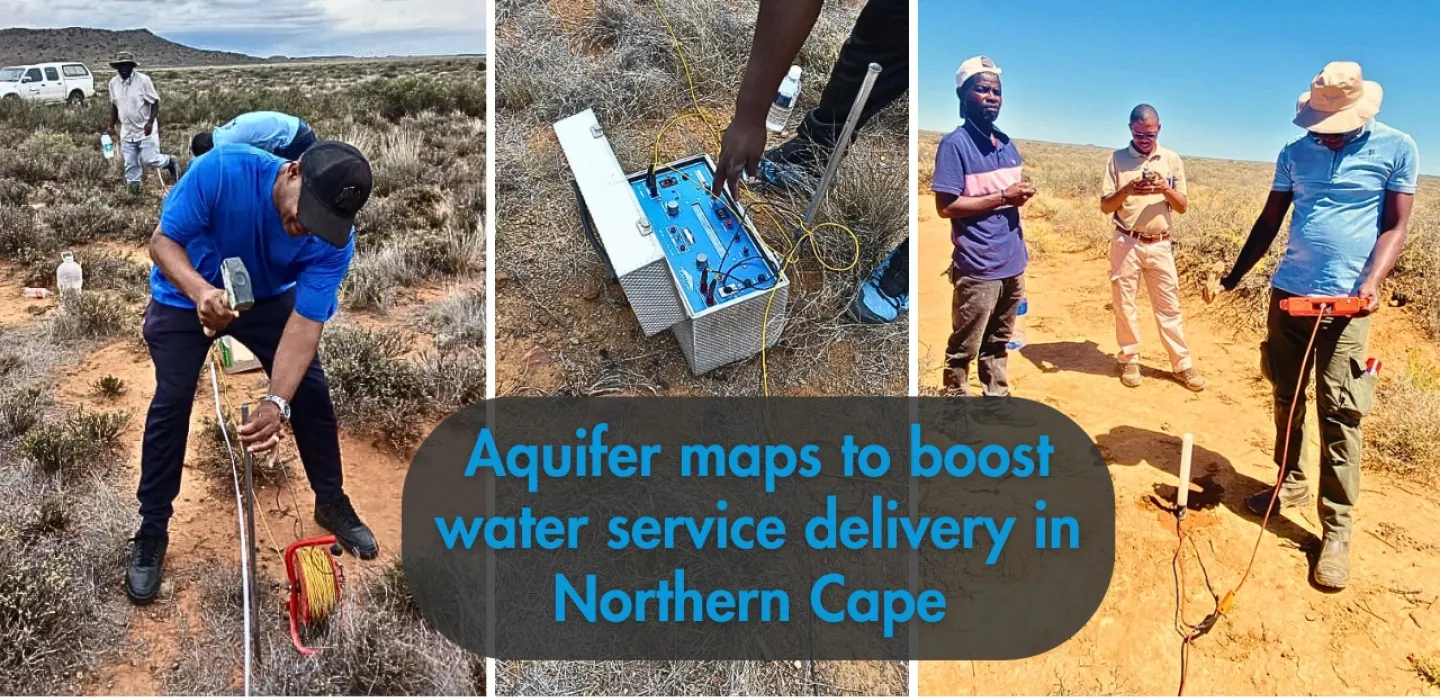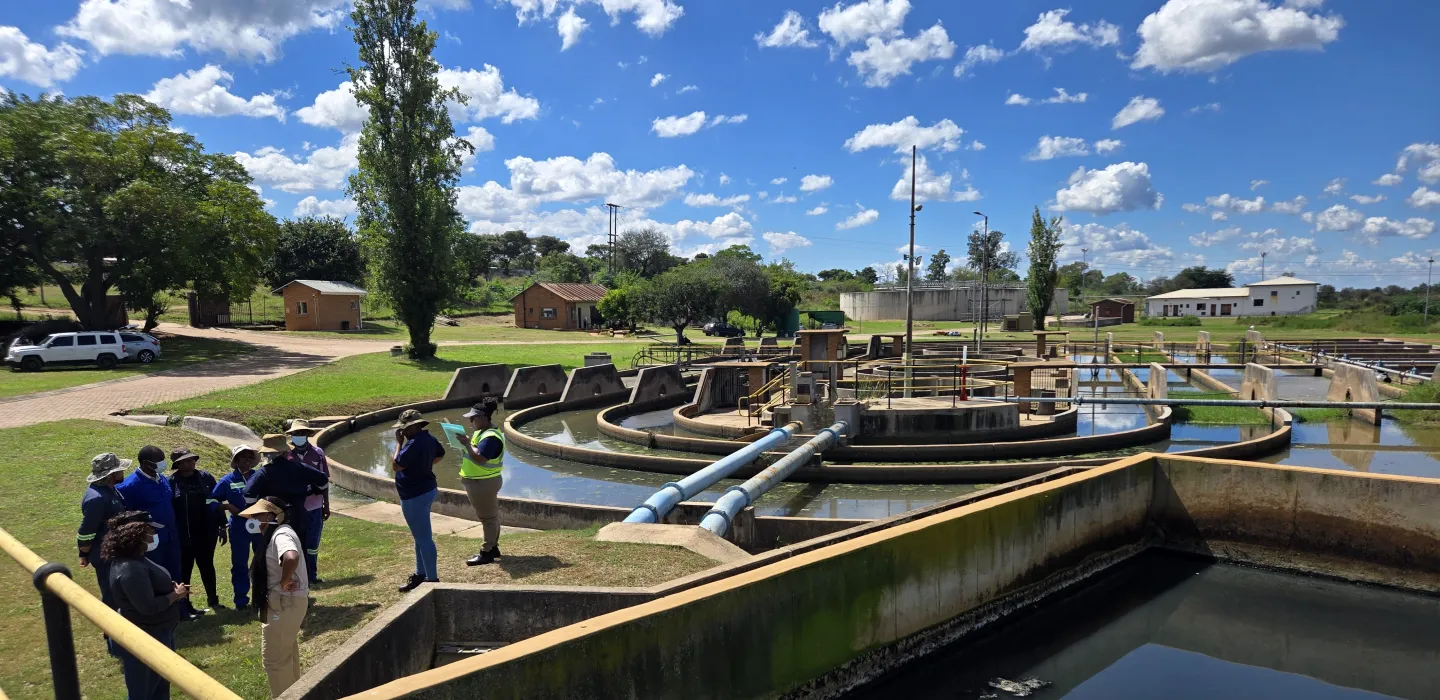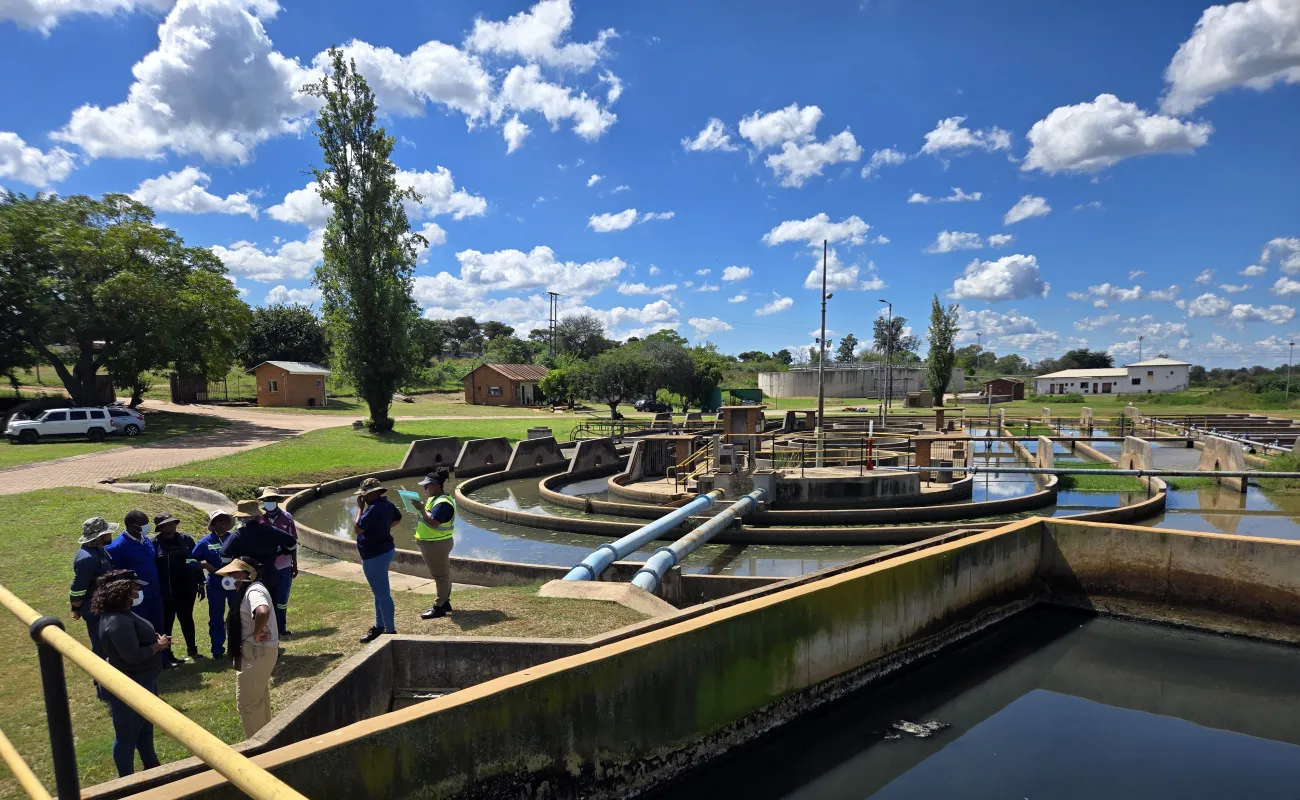What we do
Contact information:
Highlights

Aquifer maps to boost water service delivery in the Northern Cape
The Northern Cape town of De Aar will become one of the few in South Africa to strategically drill and pump its boreholes using scientific maps of underground aquifers. The CSIR, the University of the Western Cape and the Northern Cape branch of the Department of Water and Sanitation used modern, cost-effective hydrogeophysical methods to map the aquifer systems of De Aar. They pinpointed the location, extent and thickness of groundwater channels and measured the quality of groundwater in terms of acidity, flow, temperature and potential harmful contaminants. Municipal managers can use aquifer maps to schedule and switch borehole pumping in a way that will not deplete aquifers during, for instance, the dry season.

Being smart about water in fruit farming
South Africa is one of the world’s largest producers of fresh fruit, with approximately 90% exported to international markets. However, the sector is resource-intensive, relying heavily on water. In this context, the CSIR contributes to circular economy principles by conducting research to improve water-use efficiency in orchards, reducing water wastage and restoring natural systems. Read more.
Our research
Our facilities







